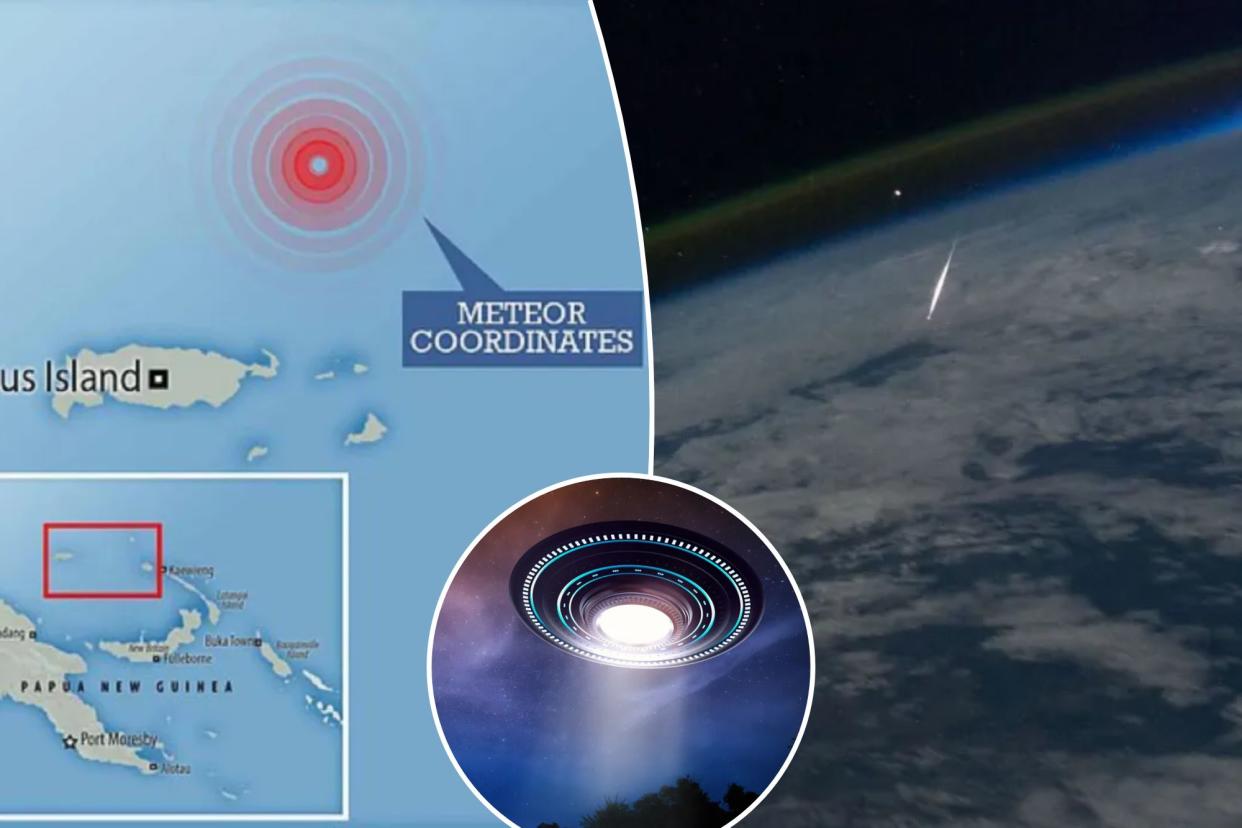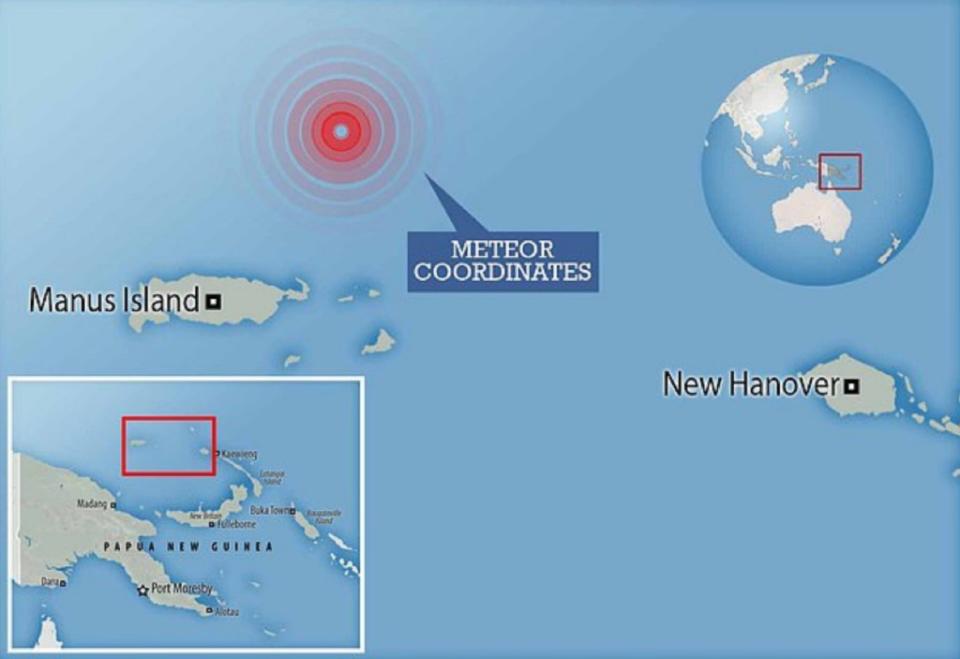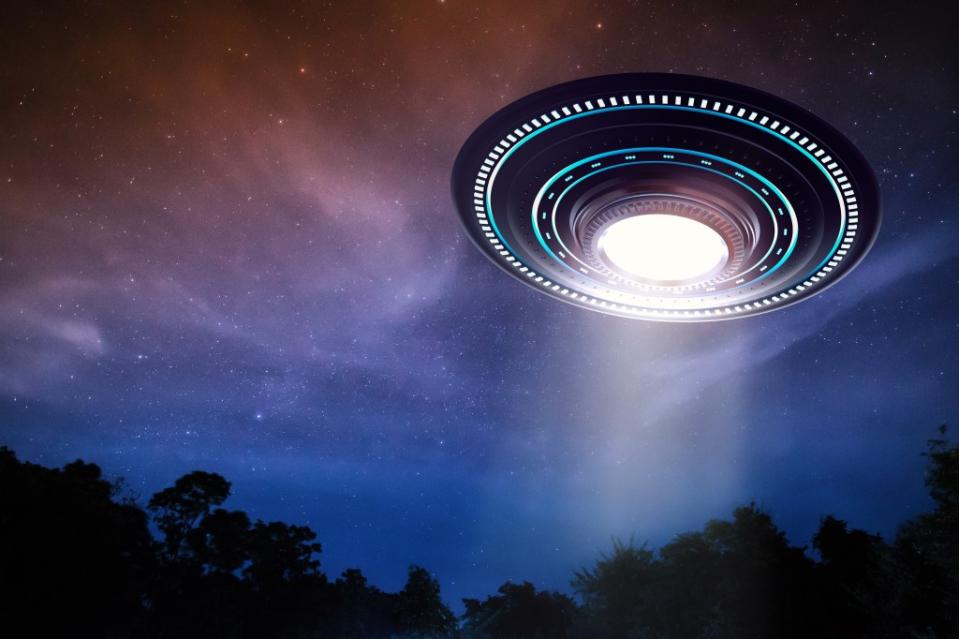Interstellar signal long believed to be proof of alien life was probably just a truck: new research

E.T.? More like U-Haul.
A mysterious signal that for a decade was widely believed to be a sign of alien life most likely came from a noisy truck, researchers from Johns Hopkins University have revealed.
Initially believed to be from a meteor fireball that shot out just north of Papua New Guinea in the southern hemisphere in 2014, the disappointing revelation also throws water on speculation by a noteworthy Harvard physicist that ocean-recovered materials were of extraterrestrial origin.
Upon the meteor’s atmospheric entry, a seismic station on the nation’s Manus Island also recorded several ground vibrations — apparently from ground transportation.
“The signal changed directions over time, exactly matching a road that runs past the seismometer,” said seismologist Benjamin Fernando, leader of the Hopkins team.


“It’s really difficult to take a signal and confirm it is not from something. But what we can do is show that there are lots of signals like this, and show they have all the characteristics we’d expect from a truck and none of the characteristics we’d expect from a meteor,” he explained.
Fernando said that data had been misread, and that the meteor entered Earth’s sky at a different point. He and his team were not able to find seismic wave evidence from the space rock.
“The fireball location was actually very far away from where the oceanographic expedition went to retrieve these meteor fragments,” he said.
“Not only did they use the wrong signal, they were looking in the wrong place.”
Analyzed data suggests the real splash site is at least 100 miles away from where experts investigated. What had been recovered was actually just normal meteorites that accrued terrestrial substances.
“Whatever was found on the sea floor is totally unrelated to this meteor, regardless of whether it was a natural space rock or a piece of alien spacecraft — even though we strongly suspect that it wasn’t aliens,” said Fernando.

In tandem with the bummer news for alien enthusiasts, the Pentagon recently released a new report of government knowledge of UFO existence.
It found no evidence that “represented extraterrestrial technology” recovered by government agencies.
The report added, “most sightings were ordinary objects and phenomena and the result of misidentification.”

